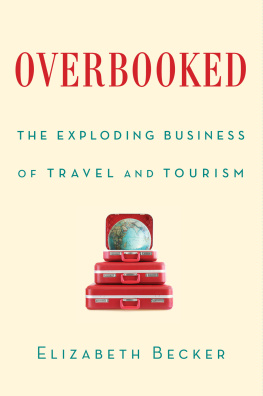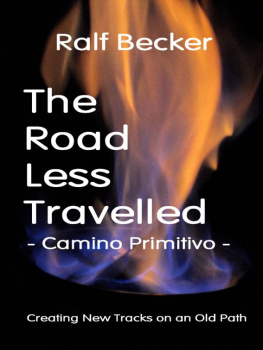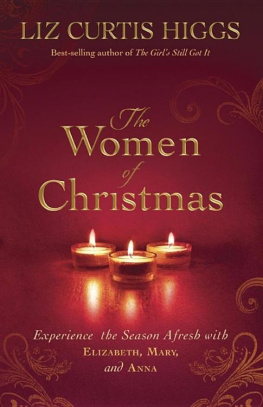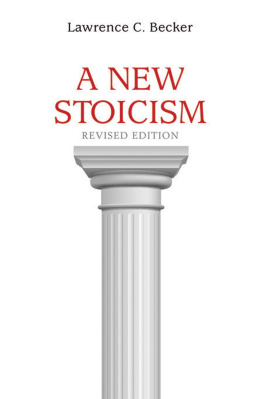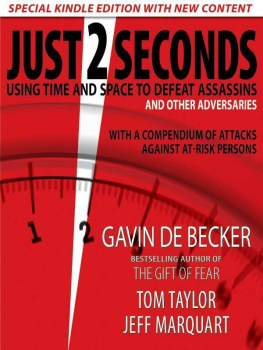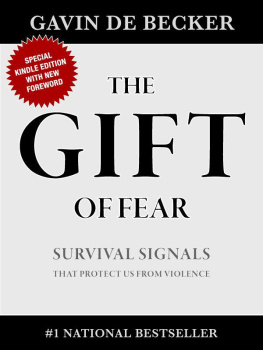Elizabeth Becker - You Dont Belong Here: How Three Women Rewrote the Story of War
Here you can read online Elizabeth Becker - You Dont Belong Here: How Three Women Rewrote the Story of War full text of the book (entire story) in english for free. Download pdf and epub, get meaning, cover and reviews about this ebook. year: 2021, publisher: PublicAffairs, genre: Non-fiction. Description of the work, (preface) as well as reviews are available. Best literature library LitArk.com created for fans of good reading and offers a wide selection of genres:
Romance novel
Science fiction
Adventure
Detective
Science
History
Home and family
Prose
Art
Politics
Computer
Non-fiction
Religion
Business
Children
Humor
Choose a favorite category and find really read worthwhile books. Enjoy immersion in the world of imagination, feel the emotions of the characters or learn something new for yourself, make an fascinating discovery.

- Book:You Dont Belong Here: How Three Women Rewrote the Story of War
- Author:
- Publisher:PublicAffairs
- Genre:
- Year:2021
- Rating:3 / 5
- Favourites:Add to favourites
- Your mark:
- 60
- 1
- 2
- 3
- 4
- 5
You Dont Belong Here: How Three Women Rewrote the Story of War: summary, description and annotation
We offer to read an annotation, description, summary or preface (depends on what the author of the book "You Dont Belong Here: How Three Women Rewrote the Story of War" wrote himself). If you haven't found the necessary information about the book — write in the comments, we will try to find it.
You Dont Belong Here: How Three Women Rewrote the Story of War — read online for free the complete book (whole text) full work
Below is the text of the book, divided by pages. System saving the place of the last page read, allows you to conveniently read the book "You Dont Belong Here: How Three Women Rewrote the Story of War" online for free, without having to search again every time where you left off. Put a bookmark, and you can go to the page where you finished reading at any time.
Font size:
Interval:
Bookmark:
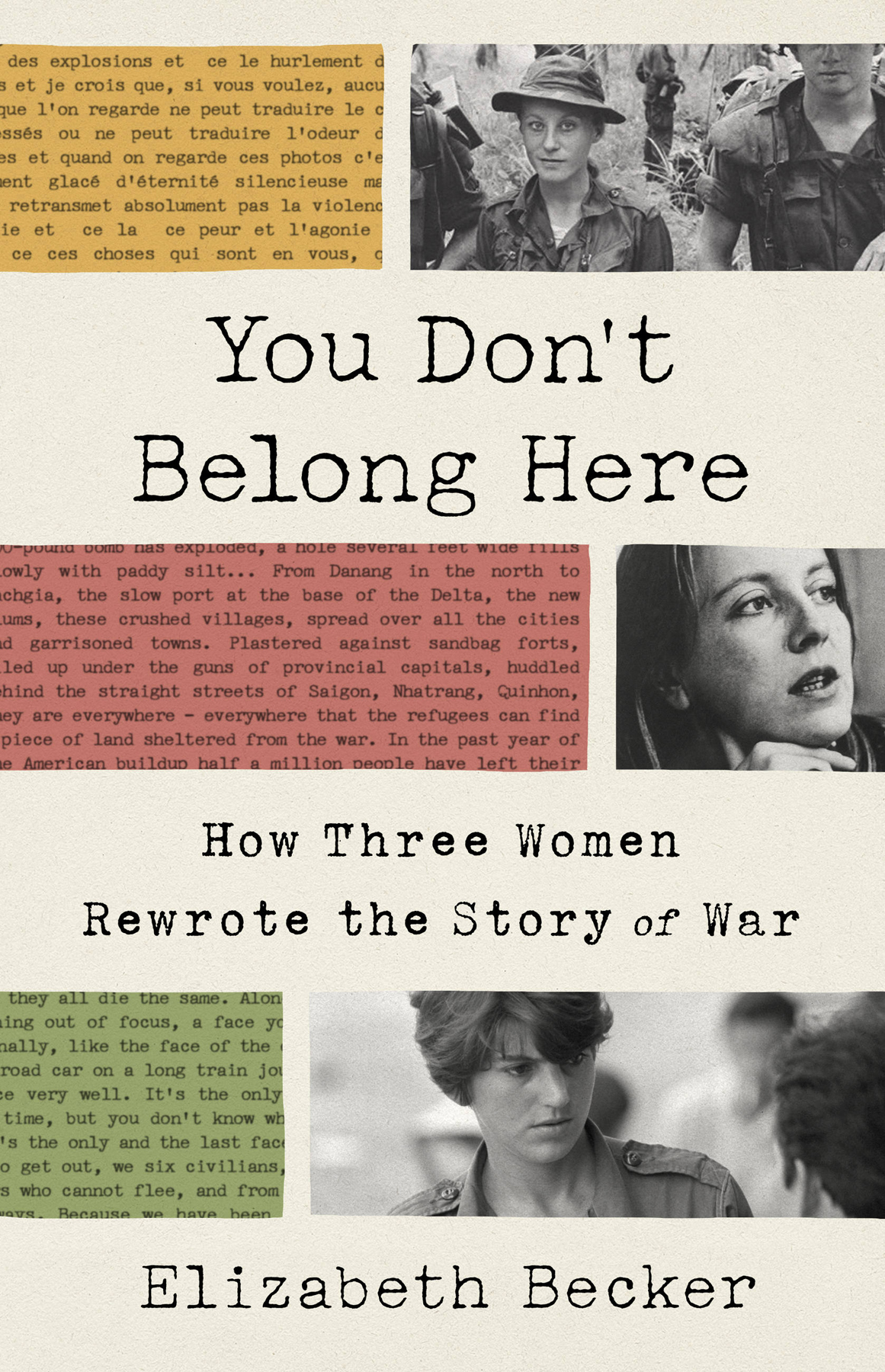
Copyright 2021 by Elizabeth Becker
Cover design by Pete Garceau
Cover images: Catherine Leroy dotation Caterine Leroy; Frances FitzGerald
Getty Images; Kate Webb Getty Images
Cover copyright 2021 Hachette Book Group, Inc.
Hachette Book Group supports the right to free expression and the value of copyright. The purpose of copyright is to encourage writers and artists to produce the creative works that enrich our culture.
The scanning, uploading, and distribution of this book without permission is a theft of the authors intellectual property. If you would like permission to use material from the book (other than for review purposes), please contact permissions@hbgusa.com. Thank you for your support of the authors rights.
PublicAffairs
Hachette Book Group
1290 Avenue of the Americas, New York, NY 10104
www.publicaffairsbooks.com
@Public_Affairs
First Edition: February 2021
Published by PublicAffairs, an imprint of Perseus Books, LLC, a subsidiary of Hachette Book Group, Inc. The PublicAffairs name and logo is a trademark of the Hachette Book Group.
The Hachette Speakers Bureau provides a wide range of authors for speaking events. To find out more, go to www.hachettespeakersbureau.com or call (866) 376-6591.
The publisher is not responsible for websites (or their content) that are not owned by the publisher.
Library of Congress Cataloging-in-Publication Data
Names: Becker, Elizabeth (Journalist), author.
Title: You dont belong here : how three women rewrote the story of war / Elizabeth Becker.
Description: First edition. | New York : PublicAffairs, 2021. | Includes bibliographical references and index.
Identifiers: LCCN 2020024549 | ISBN 9781541768208 (hardcover) | ISBN 9781541768215 (ebook)
Subjects: LCSH: Vietnam War, 1961975Journalists. | Women war correspondentsAustraliaBiography. | Women war correspondentsFranceBiography. | Women war correspondentsUnited StatesBiography. | PhotojournalistsUnited StatesBiography. | Leroy, Catherine | FitzGerald, Frances, 1940| Webb, Kate, 19432007 | Vietnam War, 19611975Press coverageUnited States.
Classification: LCC DS559.46 .B53 2021 | DDC 070.4/4995970430922dc23
LC record available at https://lccn.loc.gov/2020024549
ISBNs: 978-1-5417-6820-8 (hardcover), 978-1-5417-6821-5 (ebook)
E3-20210104-JV-NF-ORI
This is dedicated to the Becker-Nash clan
Explore book giveaways, sneak peeks, deals, and more.

Will the Vietnam conflict be the first war recorded better by women than men? The story of war is not the same as the story of men at war.
R ICHARD E DER, Los Angeles Times, 1986
The Vietnam press corps was a male bastion that women entered only at the risk of being humiliated and patronized; the prevailing view was that the war was being fought by men against men and women had no place there.
P ETER A RNETT, Pulitzer Prizewinning war correspondent
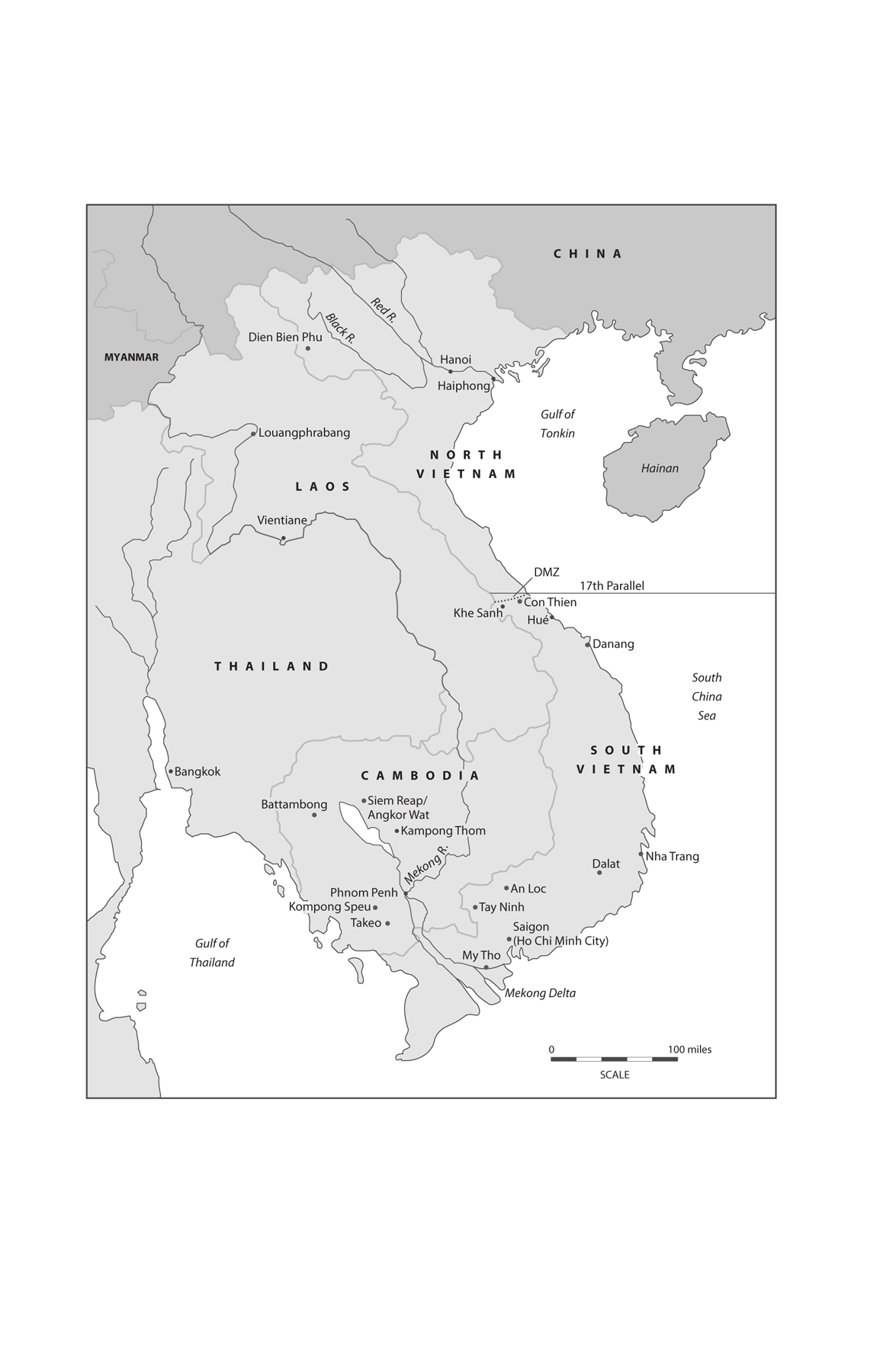
W HEN I ENCOUNTERED HER AT THE H ONG K ONG AIRPORT, A cigarette dangling from her free hand, I had never met anyone like Kate Webb. It was January 1973, and I was on the penultimate leg of my flight from Seattle to Cambodia to become a war correspondent.
She was immediately recognizable from the news photographs: the thick-cropped brown hair, shy smile, and intense brown eyes. After I waved to her, she steered me through arrival formalities and into a dim sum restaurant with a view of the harbor. Our mutual friend, Sylvana Foa, had arranged for Webb to host me overnight and make sure I caught the morning flight to Phnom Penh.
Webb had been in the news for surviving capture by the North Vietnamese and then writing a book about the experience. Soft spoken and to the point, she asked, Why had I crossed the ocean to cover a war?
The short answer was a nightmare I was all too keen to leave behind. My masters adviser had rejected my thesis on the Bangladesh War of Independence after I refused to sleep with him. He said the one was not related to the other.
I had worked my way through college, petitioned to create a degree program in South Asian studies, and won a fellowship to graduate school. The professor essentially kneecapped my academic future. So, determined that he would not control the rest of my life, I found another dream: I would use my education to become a journalist. I filed a complaint against him with the campus Womens Commission, a meaningless but important act for me, cashed my fellowship check, and bought a one-way ticket to Cambodia.
Thats where Foa came in. For a year she had been urging me to join her in Phnom Penh and become a reporter, as she had done. Wed met by chance in India when we were both traveling students in 1970. She left graduate school and went on to Vietnam and Cambodia. She sent me heart-stopping letters that were anything but tempting:
War has broken out in the southeast with a ferocity I have never seen in Cambodiatanks, B-52s, everything and despite the fact that the major battleground is 40 miles from here, the smell reaches Phnom Penh, she wrote in 1972. Take care of yourself and think again about coming to live here. Its more important than graduate school.
As a member of the Committee of Concerned Asian Scholars that used historical and political research to oppose the war, I had never wanted to go within a hundred miles of a B-52 raid. But once I was pushed out of graduate school, Foas invitation suddenly looked like a lifeline.
I justified the decision to Webb by pointing out that Cambodia was integral to my studies of India and the countries influenced by India.
Webb looked at me, a flicker of a smile in her eyes. She had been through so much more than my sad tale. Then she laughed out loud. She had done the self-same thingbought a one-way ticket from Sydney to Saigon with no idea whether she would find a job in the war zone. Youll do fine, she said. And that was that: I left the next day.
Foa was waiting for me at Phnom Penhs Pochentong Airport, from where she drove me into the city. I was dazzled by the citys beautythe golden spire of the Buddhist temples and the shaded sidewalk cafsbut mostly by Foas self-confidence. The friend who had shared dosa and thick chai with me in Delhi was now a war correspondent with an office, interpreters, a managerand a desk for me.
That day I was under the wildly mistaken impression that it was normal for young women to show up in Indochina and become battlefield reporters. In my backpack I carried a careful selection of paperback books on the war and one hardcover: Fire in the Lake by Frances FitzGerald, the American woman who had made her name as a reporter in Vietnam. I thought I was ready. I was twenty-five years old and had no idea what I had gotten myself into.

F OA WAS EXPELLED from Cambodia three months later at the beginning of April. In the middle of a massive American bombing campaign, she published her investigation revealing that the United States embassy was illegally directing the pilots. Washington was furious. The US ambassador Emory Swank told her boss that Miss Foa distorted the US role and activities in Cambodia and it would be best if she stays out of Cambodia.
Font size:
Interval:
Bookmark:
Similar books «You Dont Belong Here: How Three Women Rewrote the Story of War»
Look at similar books to You Dont Belong Here: How Three Women Rewrote the Story of War. We have selected literature similar in name and meaning in the hope of providing readers with more options to find new, interesting, not yet read works.
Discussion, reviews of the book You Dont Belong Here: How Three Women Rewrote the Story of War and just readers' own opinions. Leave your comments, write what you think about the work, its meaning or the main characters. Specify what exactly you liked and what you didn't like, and why you think so.

